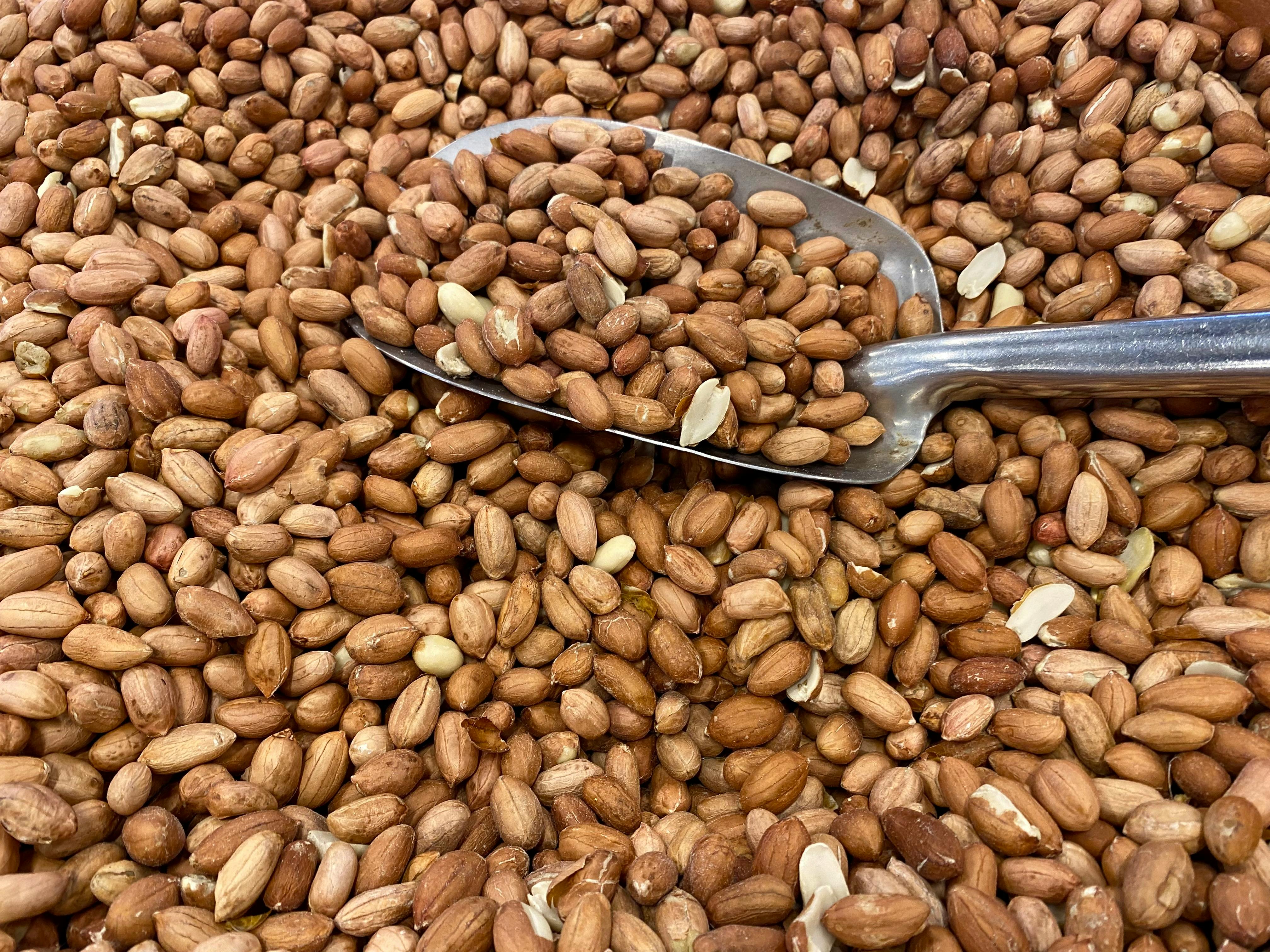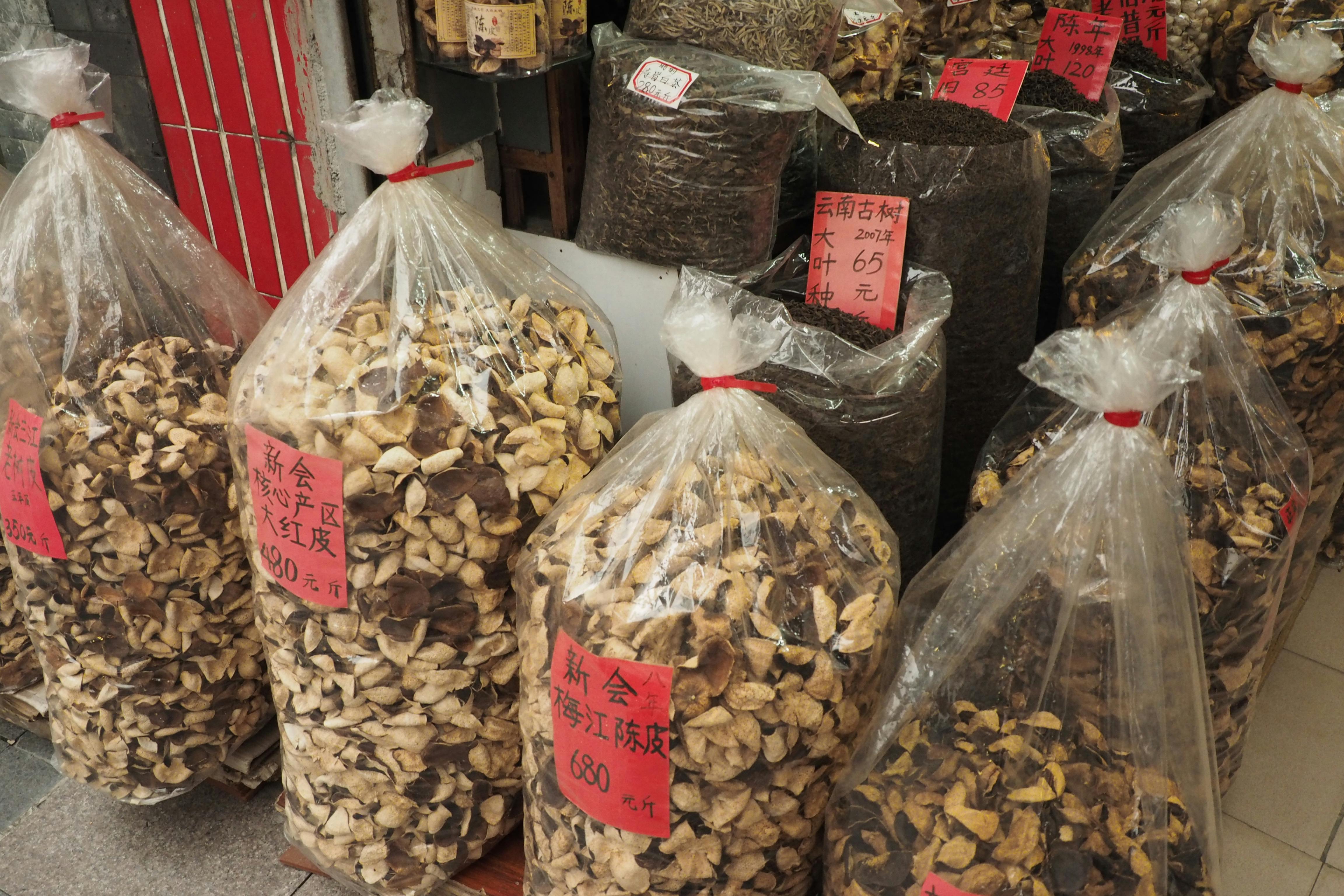In the ever-growing world of beverages, wholesale tea stands as a significant player, reflecting not only cultural heritage but also providing an avenue for business opportunities. With its rich varieties and health benefits, wholesale tea has become the go-to choice for retailers looking to expand their product offerings. This guide delves into every aspect of the wholesale tea market, from sourcing to emerging trends and best practices that can help you thrive in this dynamic industry.
Understanding the Wholesale Tea Market

The wholesale tea market is a fascinating realm that connects producers, distributors, and retailers. Understanding this market is crucial for anyone looking to dive into the realm of tea, whether as a retailer or as a supplier.
Overview of the Tea Industry
Tea is one of the most consumed beverages worldwide, second only to water. Its origin can be traced back thousands of years to ancient China, where it was initially used for medicinal purposes before becoming a cultural staple. Today, tea comes in countless varieties, ranging from traditional black and green teas to herbal infusions and specialty blends.
The global tea market has evolved significantly, with increasing demand driven by health-conscious consumers seeking natural alternatives to sugary drinks. This rise in popularity has led to a flourishing market for wholesalers who focus on quality sourcing and distribution.
Importance of Wholesale in the Tea Supply Chain
Wholesale serves as a critical link in the supply chain between producers and retailers. By operating at a larger scale, wholesalers can provide retailers with access to diverse tea selections at competitive prices. This allows businesses to cater to different customer preferences without the burden of maintaining extensive inventories.
Furthermore, wholesale tea suppliers often have established relationships with tea growers, allowing them to source unique and high-quality products. This not only enhances the retailer’s offerings but also supports sustainable farming practices, ensuring that the tea industry remains environmentally responsible.
Key Players in the Wholesale Tea Market
The wholesale tea market consists of various key players, each contributing to the industry’s dynamism. These include large-scale wholesalers, smaller boutique suppliers, and international trading companies.
Some wholesaler companies have a broader reach and can offer an extensive range of products from multiple regions, enabling retailers to tap into different markets. On the other hand, boutique suppliers may focus on niche products, offering artisanal and specialty teas that attract discerning customers looking for unique flavors or organic options.
Types of Wholesale Tea Suppliers
Wholesale tea suppliers come in different forms, catering to various business needs.
- Traditional Wholesalers: These suppliers often operate large warehouses filled with diverse tea selections. They typically cater to supermarkets, cafes, and restaurants that require consistent stock and accessibility to various tea types.
- Specialty Wholesalers: Focused on high-quality, artisanal products, these suppliers curate selections that appeal to premium buyers. Retailers interested in unique blends or organic teas often partner with specialty suppliers to differentiate themselves in the market.
- Online Wholesalers: E-commerce platforms are changing the game for wholesale tea suppliers. These digital marketplaces allow retailers to browse and order products easily, making it convenient for small businesses to access a variety of teas without geographical limitations.
Sourcing Wholesale Tea

Choosing the right wholesale tea supplier requires careful consideration. The quality of your products will significantly impact your retail success, so understanding the sourcing process is essential.
Criteria for Choosing a Wholesale Tea Supplier
When selecting a wholesale tea supplier, several criteria should be evaluated:
- Reputation: A supplier’s reputation within the industry speaks volumes about their reliability and quality assurance. Research potential suppliers by reading reviews, asking for recommendations, and checking certifications.
- Product Range: Consider whether the supplier has a broad selection of teas that meet your target customer’s preferences. A diverse portfolio will allow you to cater to various tastes, keeping your inventory fresh and appealing.
- Customer Service: Exceptional customer service is vital in establishing a long-term partnership. Ensure that the supplier is responsive to inquiries and willing to address any issues promptly.
Evaluating Quality and Authenticity of Tea
The authenticity and quality of tea are paramount factors that influence consumer loyalty. Retailers must ensure that they are sourcing genuine products that meet customer expectations.
To evaluate quality, start by investigating the origin of the tea. Different regions produce distinct flavors; understanding these nuances can help you select superior products.
Conducting sensory evaluations such as tasting and aroma assessments can also reveal the quality of the tea. Establishing a relationship with suppliers who provide sample tastings will allow you to make informed decisions based on your personal analysis of the teas.
Understanding Pricing Strategies in Wholesale Tea
Pricing strategies in wholesale tea can vary widely depending on factors like sourcing, transportation, and market demand. Understanding these variables is crucial to maintaining profitability while offering competitive prices to your customers.
Negotiating pricing with suppliers can lead to favorable terms, especially if you plan on placing larger orders. Additionally, staying informed about market trends can help you anticipate fluctuations in pricing and adjust your purchasing strategies accordingly.
Importance of Sustainable and Ethical Sourcing
Sustainability and ethical sourcing are increasingly becoming focal points in the tea industry. Consumers today are more conscious of the environmental impact of their choices and often seek brands that prioritize ethical practices.
Partnering with suppliers who emphasize sustainability ensures that your business aligns with these values. This approach not only helps the environment but can also enhance your brand image and attract eco-conscious customers. Moreover, supporting fair-trade initiatives can contribute positively to the communities involved in tea production, fostering relationships built on respect and responsibility.
Trends in the Wholesale Tea Sector

Staying ahead of trends in the wholesale tea sector is essential for retailers looking to capture market share and maintain consumer interest. Here are some current trends reshaping the industry.
Growing Demand for Specialty Teas
In recent years, there has been a noticeable shift towards specialty teas, with consumers being more adventurous in their flavor explorations. Unique blends, exotic ingredients, and innovative brewing methods are enticing tea enthusiasts to explore beyond traditional offerings.
Retailers can capitalize on this trend by curating a selection of specialty teas that showcase unique flavor profiles and attractive packaging. Collaborating with local artisans or suppliers who focus on innovative blends can further enhance your product lineup.
Influence of Health and Wellness on Tea Choices
With the rise of health-conscious lifestyles, many consumers are turning to tea for its numerous health benefits. Green tea, for example, is celebrated for its antioxidant properties, while herbal teas are favored for their calming effects.
This trend emphasizes the importance of communicating the health benefits associated with the teas you offer. Providing educational content around the wellness aspects of your tea selections can create value for your customers and position you as a knowledgeable resource in the tea community.
Rise of E-commerce in Wholesale Tea Sales
The advent of e-commerce has transformed how wholesale tea is marketed and sold. Online platforms have made it easier for retailers to access various suppliers, leading to increased competition and greater convenience.
As a retailer, embracing e-commerce allows you to reach a broader audience and diversify your sales channels. Developing a user-friendly online store that showcases your tea selections and offers seamless ordering processes can significantly enhance customer experience and drive sales.
Emerging Global Markets for Wholesale Tea
While traditional tea-drinking countries continue to dominate the landscape, emerging markets are beginning to show a growing interest in tea. Countries in Southeast Asia, Africa, and even parts of South America are discovering the joys of tea consumption, creating new opportunities for wholesalers.
Understanding these emerging markets can help retailers strategize their sourcing and marketing efforts. Collaborating with local suppliers in these regions can open doors to unique products that resonate with both local and international consumers.
Best Practices for Retailers Buying Wholesale Tea

Successfully navigating the wholesale tea market requires a strategic approach. By implementing best practices in your sourcing and retailing processes, you can maximize your success.
Building Relationships with Suppliers
Establishing strong relationships with your wholesale tea suppliers is key to ensuring a smooth supply chain. Open lines of communication foster trust and collaboration, allowing you to negotiate better terms and gain insights into upcoming trends.
Regularly engaging with suppliers through visits, phone calls, or virtual meetings can strengthen your partnership and keep you informed about new product offerings and industry developments.
Effective Inventory Management for Wholesale Tea
Managing inventory effectively is essential for any retailer. In the tea industry, where freshness is crucial, having the right inventory management system in place ensures that you meet customer demands without overstocking.
Utilizing technology, such as inventory management software, can simplify tracking stock levels, forecasting future needs, and automating reordering processes. This not only saves time but also minimizes the risk of running out of popular tea selections.
Marketing Strategies for Retailing Wholesale Tea
Marketing your wholesale tea offerings effectively can set your business apart from competitors. Developing a comprehensive marketing strategy that highlights the unique qualities of your teas can attract and retain customers.
Consider leveraging social media platforms to showcase your products, share informative content, and engage with your audience. Collaborating with influencers or hosting tea-tasting events can also generate buzz and draw attention to your brand.
Understanding Legal and Regulatory Considerations
Navigating the legal and regulatory landscape of the tea industry is crucial for any retailer. Compliance with food safety standards, labeling regulations, and import/export laws is necessary to avoid costly fines and reputational damage.
Staying current with industry regulations and seeking advice from legal professionals can help you ensure that your business operations adhere to all applicable laws. This diligence not only protects your business but also builds consumer trust in your brand.
Conclusion

The wholesale tea market presents a wealth of opportunities for retailers willing to navigate its complexities. From understanding sourcing practices to staying abreast of emerging trends and best practices, there are numerous pathways to success in this vibrant industry.
By focusing on quality, building strong supplier relationships, and effectively marketing your products, you can carve out a niche in the wholesale tea market that resonates with consumers. Embrace the art of tea and let it elevate your business to new heights. As the world continues to appreciate the nuances of this beloved beverage, your engagement with wholesale tea could very well be the key to unlocking your business’s potential.
